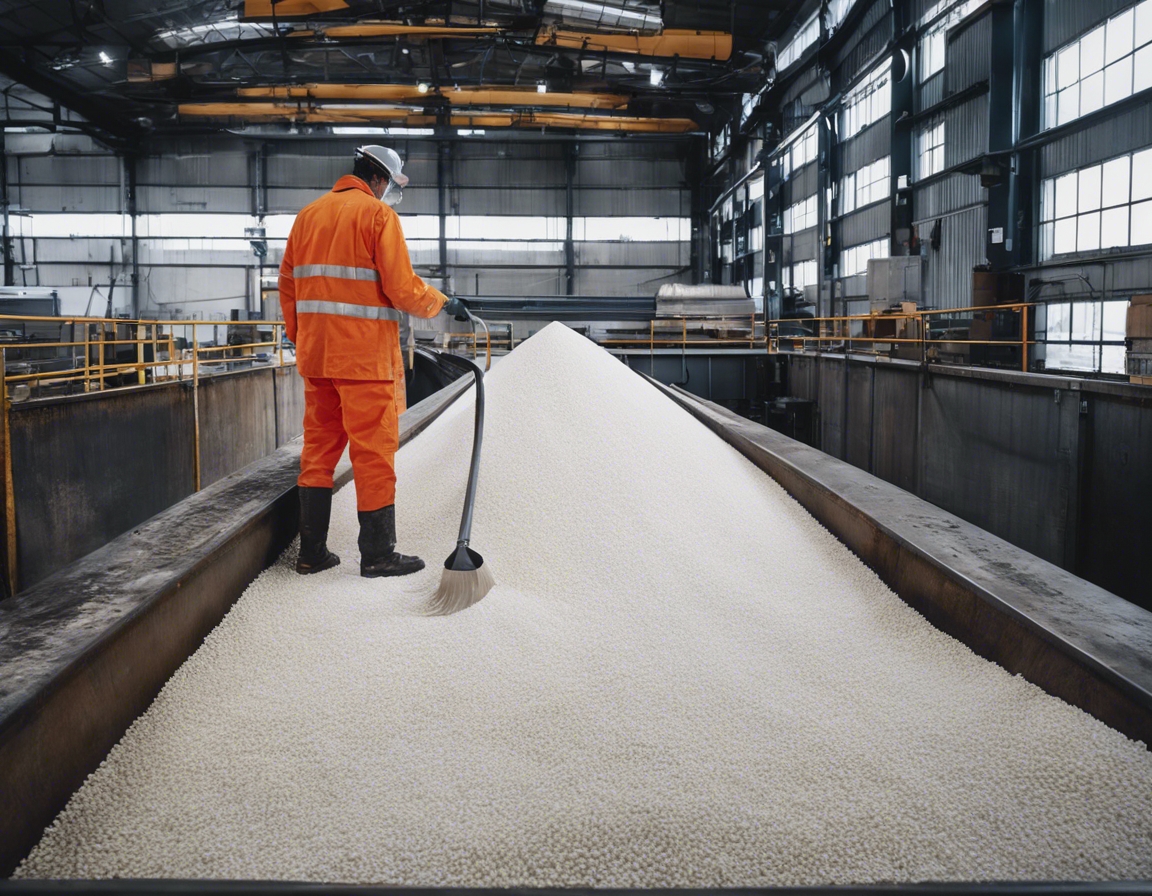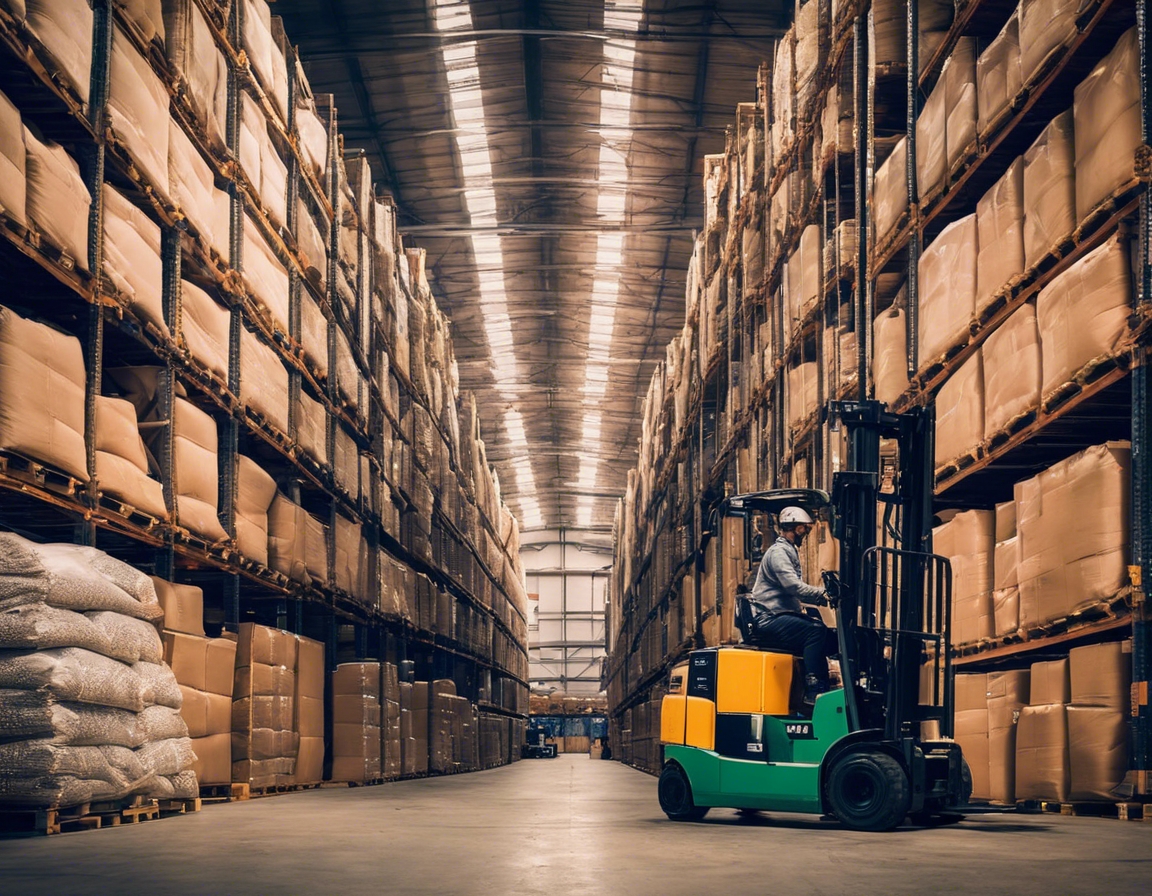Granule transport: innovations for efficiency
Granule transport is a critical component of the logistics chain for various industries, including agriculture, woodworking, and manufacturing. The ability to move large quantities of granular materials efficiently and safely is paramount to the success of these sectors.
Efficiency in bulk transport is not just about speed; it's about delivering goods in the best condition, minimizing waste, and optimizing costs. For businesses that rely on the transportation of granules, such as seeds, grains, or wood chips, the stakes are high.
Transporting granules presents unique challenges such as preventing contamination, maintaining material integrity, and ensuring timely delivery. Overcoming these challenges requires innovative solutions that can handle the delicate nature of these materials.
Innovative Solutions in Granule Transport
Recent advancements in conveyance technologies have revolutionized granule transport. Automated conveyor systems, pneumatic conveyors, and vacuum systems are now designed to handle materials with care, precision, and speed.
Efficiency at the docks is just as crucial as in transit. Innovations in loading and unloading systems, such as telescopic conveyors and automated bagging lines, have significantly reduced turnaround times.
Logistics software has become smarter, enabling companies to optimize routes, reduce fuel consumption, and ensure timely deliveries. Real-time tracking and predictive analytics help in proactive decision-making.
With a growing emphasis on sustainability, granule transport now incorporates practices like using biofuels, optimizing load capacity, and reducing packaging materials to minimize environmental impact.
Impact of Innovations on Industries
Innovations in granule transport have allowed the agricultural sector to improve the distribution of seeds and grains, reduce losses due to spoilage or damage, and enhance overall productivity.
For the woodworking and manufacturing industries, efficient granule transport means better material handling, reduced operational costs, and a stronger commitment to environmental stewardship.
The integration of innovative transport solutions not only supports environmental goals but also drives business growth through improved reliability and cost-effectiveness.






Comments (0)